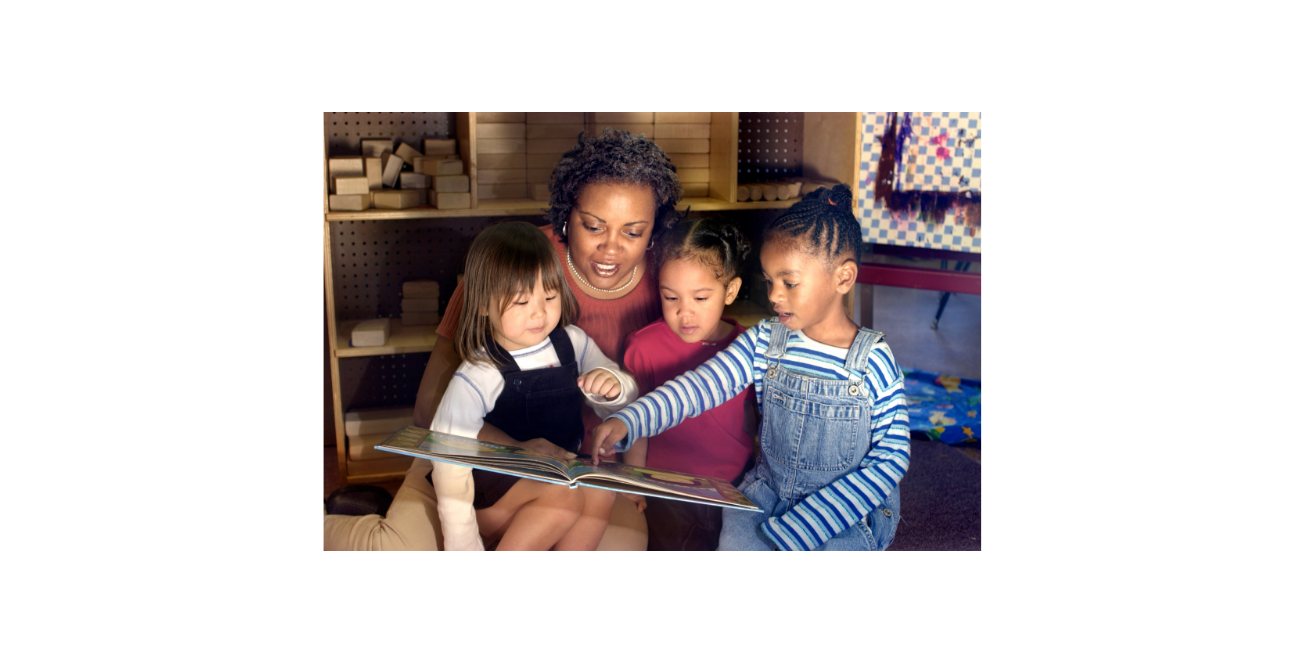Language-Rich Learning Environments and Experiences: Increasing Opportunities-to-Learn for Today’s Young Children
Today’s young children bring tremendous linguistic, cultural, and developmental diversity to their early learning settings and interactions – and every day, leaders and practitioners across the mixed-delivery early education system are working to create environments and experiences that promote their healthy language development. Over the last decade, the science of early language development has evolved and expanded to inform quality improvement efforts in meaningful ways. What does this science tell us about the kinds of interactions and practices that foster children’s early communication skills? And how can we use this science to create high-quality, language-rich, and equitable environments that meet the needs of all young children? What are the best practices for children who are multilingual learners?
This program explores what the latest science reveals about creating optimal formal and informal language-learning environments and experiences — ultimately supporting children’s healthy brain development and laying the foundation for lifelong learning.
Program Objectives:
During this program, participants will:
- Explore the latest science of early language development among monolingual and multilingual learners.
- Learn how language development may be influenced by stress, adversity, or disruption.
- Discover effective strategies for supporting young children’s emerging language skills.
- Make an initial plan to enhance children’s language-learning opportunities in your early education setting.
